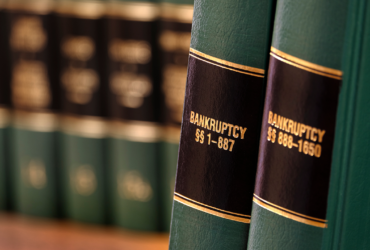A judgment creditor has legally perfected their claim by obtaining an enforceable judgment against a debtor
A judgment creditor has successfully obtained a legally enforceable money judgment against a debtor and now has the legal right to execute the judgment against the debtor. Executing the judgment includes garnishing the debtor’s wages, attaching the debtor’s property, and levying on the debtor’s bank accounts.
The judgment creditor is considered a secured creditor. A legal judgment is valid for a limited number of years. Once the judgment approaches the expiration date, the creditor can renew the judgment by filing a renewal petition.
In most states, a money judgment is valid between five and seven years. A money judgment can last much longer in other states like New York.







